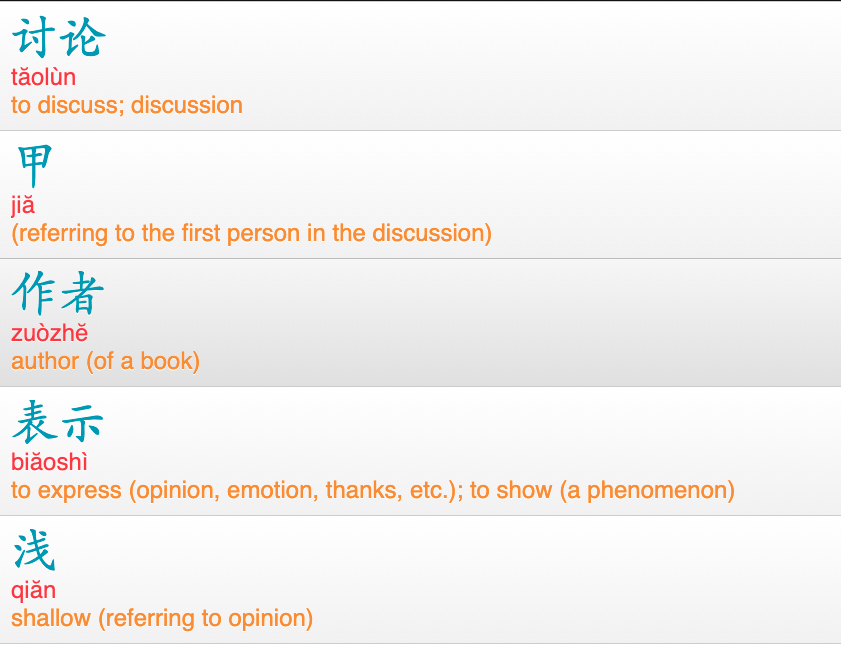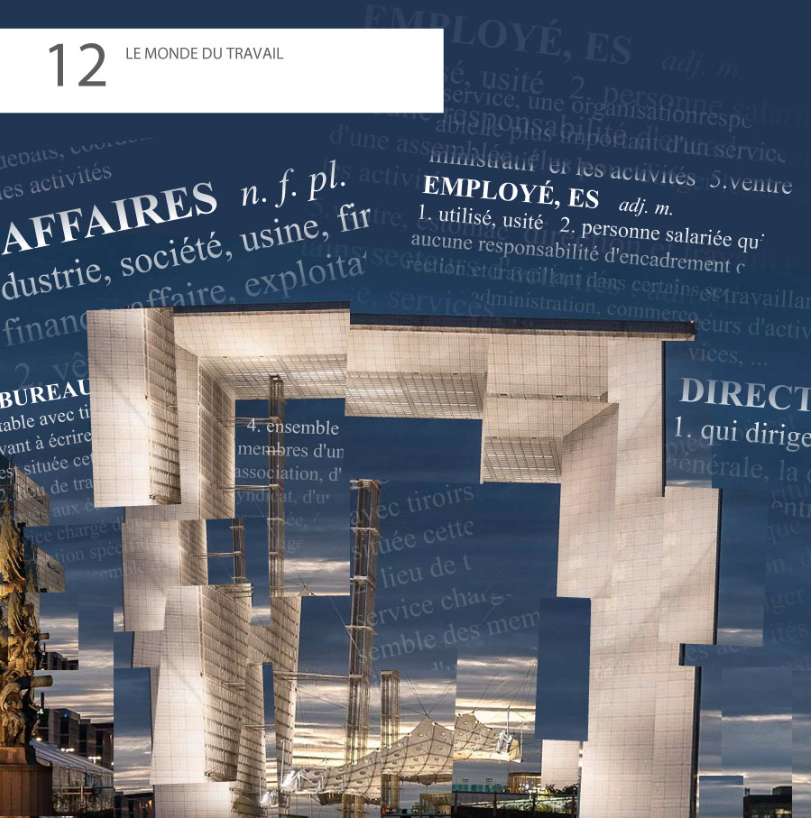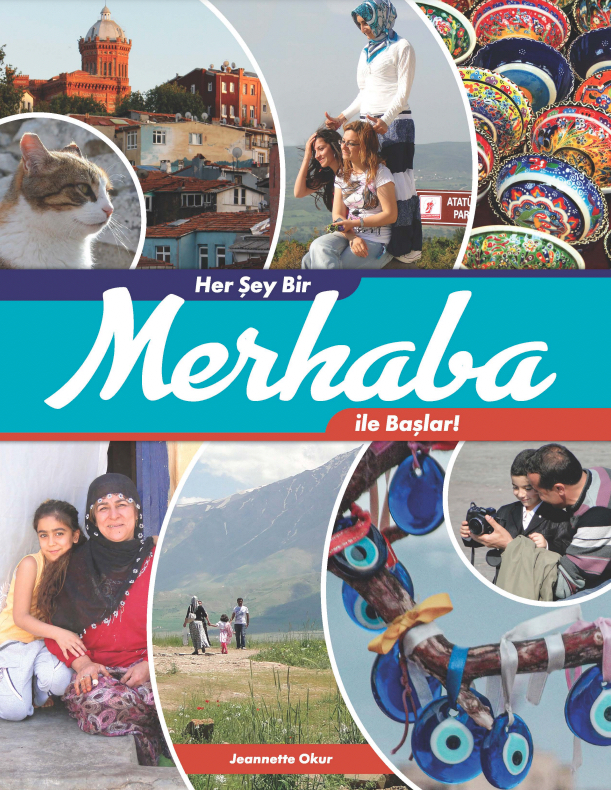The birth of COERLL, the Center for Open Educational Resources and Language Learning, can be traced back to two key moments in the life of its founder, sociolinguist Carl Blyth. The first happened when Blythe was 17 years old and staying with a French family as an exchange student. He was struck by how different the family seemed from his own family. Were they just different as people, he wondered, or was it more a cultural difference?
“I didn’t have enough knowledge of French language and culture to understand it at the time,” says Blyth, an associate professor of French and Italian at UT Austin. “What is cultural, and what is individual? This is a dialectic in many fields, and I am fascinated by it.”
The second formative moment for Blyth was seeing Rice University engineering professor Richard Baraniuk’s TED Talk in 2006 on open-source learning. Blyth wondered why the same principles and practices of sharing, remixing, and redistributing that Baraniuk championed in engineering and the sciences couldn’t be applied to other fields.
“What about the liberal arts and humanities?” Blyth asked. “UT offers 34 languages through its foreign language curriculum, and we are a powerhouse for language learning and language teaching.”
As a linguist interested in the impact of technology, Blyth believed that the university’s leadership in language studies could be the perfect springboard to explore the benefits that technology could have both for teaching foreign languages and for disseminating language-learning resources as widely as possible, and that it could serve as a model for universities worldwide.
In 2010, with funding from the U.S. Department of Education, Blyth launched COERLL. One of 16 National Foreign Language Resource Centers (LRCs) funded by the federal government, COERLL’s mission was to produce and disseminate foreign language educational material that was free for anyone to use, remix, repurpose, and redistribute.
Over the past 12 years, COERLL has developed learning materials in over 20 languages, including Arabic, Chinese, Tamil, and Urdu. “Gateway to Chinese,” for instance, is a collection of interactive resources for beginning Mandarin Chinese students
to practice pronunciation, vocabulary, grammar, listening, and reading at their own paces. “Foreign Languages and the Literary in the Everyday” takes real blogs, internet memes, YouTube videos, and slam poetry in multiple languages as the basis for lessons in second-language literacy.
There are tools geared specifically toward teachers as well. “Foreign Language Teaching Methods,” taught by UT Austin professors, is an online, video-based course on best practices for foreign-language instruction at the high-school and college levels, featuring a dozen media-rich, interactive modules from vocabulary and grammar to classroom management and assessment. Open-licensed textbooks for various languages are also available for teachers, students, and casual learners.
COERLL also sponsors research on language pedagogy and open education. A fully refereed online journal, Language Learning & Technology, disseminates scholarship to foreign- and second-language educators on issues related to technology and language instruction. Like many COERLL projects, the journal is a cross-institutional effort, in this case with the University of Hawai’i. COERLL also hosts workshops, webinars, conferences, and presentations throughout the year.
A key moment in COERLL’s evolution came in 2014, when the U.S. Department of Education got on board with what is sometimes called the Open Educational Resources (OER) movement. The Department of Education hired a specialist in OER, instituted the Office of Educational Technology, and launched the initiative #GoOpen. “That was when the floodgates really opened for us,” remembers Blyth.
For the first time, through the heightened visibility of OER as well as outreach efforts by COERLL, K–12 teachers started joining the Center’s conversations in considerable and consistent numbers. One of the projects that grew out of this “new knowledge ecology,” as Blyth describes it, was TELL Badges, a professional development system for Austin Independent School District (AISD) language teachers that COERLL helped create in 2016.
COERLL assisted AISD in planning and providing professional development sessions and modules such as conferences, workshops, peer coaching, and self-assessment, after the completion of which teachers could earn digital badges as part of their overall professionalization path. One teacher shared her experience with the TELL Collab conference: “The open nature of the un-conference encouraged me to talk with others and find information I would not have otherwise gotten from a traditional conference.” Another enthused, “[Being a COERLL Collaborator] motivated me to take risks in my classroom, make changes, and reflect on them.”
Another major component of COERLL’s mission has been to work with minority-serving institutions. A current project, the Texas Coalition for Heritage Spanish (TeCHS), serves as a platform for sharing information and resources such as syllabi, lesson plans, and other materials with Hispanic-serving teaching communities in the state, helping them to address heritage learners’ specific needs and capacities. Most recently, COERLL and a group of UT Austin heritage-Spanish student volunteers hosted two sessions at Explore UT where they welcomed people of all ages from surrounding schools and communities to learn about linguistic and cultural aspects of the Spanish language with hands-on activities and games. COERLL also has a YouTube channel that showcases and chronicles TeCHS and other projects, presentations, and resources.
With support from Liberal Arts Instructional Technology Services, three staff members, 16 collaborating faculty project directors nationally, and millions of users worldwide, COERLL has now reached a critical mass. Of course, there were challenges along the way. Blyth recounts a third key moment in his personal journey with COERLL, when he invited interested academics and potential collaborators, including Baraniuk, to the 2011 inaugural COERLL symposium in Austin, where he hoped to present the case for open education.
“I thought naively that everybody was going to love it and jump on the bandwagon,” Blyth remembers. Instead, he was met with a level of skepticism. “Many thought the model detracted from existing models of teaching and publishing.” There is also a certain hesitancy, anxiety, and cynicism — justified to an extent, Blyth acknowledges — around emergent technology. The path to changing the education paradigm, which is in many ways interlocked with the publishing paradigm, is lined with roadblocks and can often feel Sisyphean. Nevertheless, Blyth remains steadfast and hopeful in COERLL’s effort to further democratize education and open closed social systems.
A couple of years after the symposium, he was heartened to learn that participants from the University of Kansas were establishing their own version of COERLL, called the Open Language Resource Center. In 2020, the UT Office of the Executive Vice President and Provost created the Sustainable Open Scholarship Working Group to study the themes of open access, open data, open educational resources, and licensing and negotiation at the university. Blyth co-chaired the Open Educational Resources Subcommittee, and the group concluded its work this past year with additional implementation measures underway. Blyth says the internal recognition of the value of openness and of his work by the university felt both groundbreaking and gratifying.
As to what is on the horizon for COERLL, a focus for Blyth will be further research on open education, its consequences for scholarship, and its contribution to the broader knowledge ecosystem. Another direction taking shape is the study of the effects of augmented and virtual reality on language learning, which lends new meaning to the idea of “immersion.”
“Learning will always be deeply embodied,” Blyth states. “It’s people making meaning with one another here and now.” This is a thesis that runs through his work, including his new co-edited book Open Education and Second Language Learning and Teaching: The Rise of a New Knowledge Ecology (Multilingual Matters, 2021), which, Blyth says with a smile, is open for use by all.
Kevin Hsu, Ph.D., is a senior administrative associate in the Department of Sociology and, as HC Hsu, author of the short story collection Love Is Sweeter (Lethe) and essay collection Middle of the Night (Deerbrook). His translation of 2010 Nobel Peace Prize laureate Liu Xiaobo’s biography Steel Gate to Freedom was published by Rowman & Littlefield in 2015.


